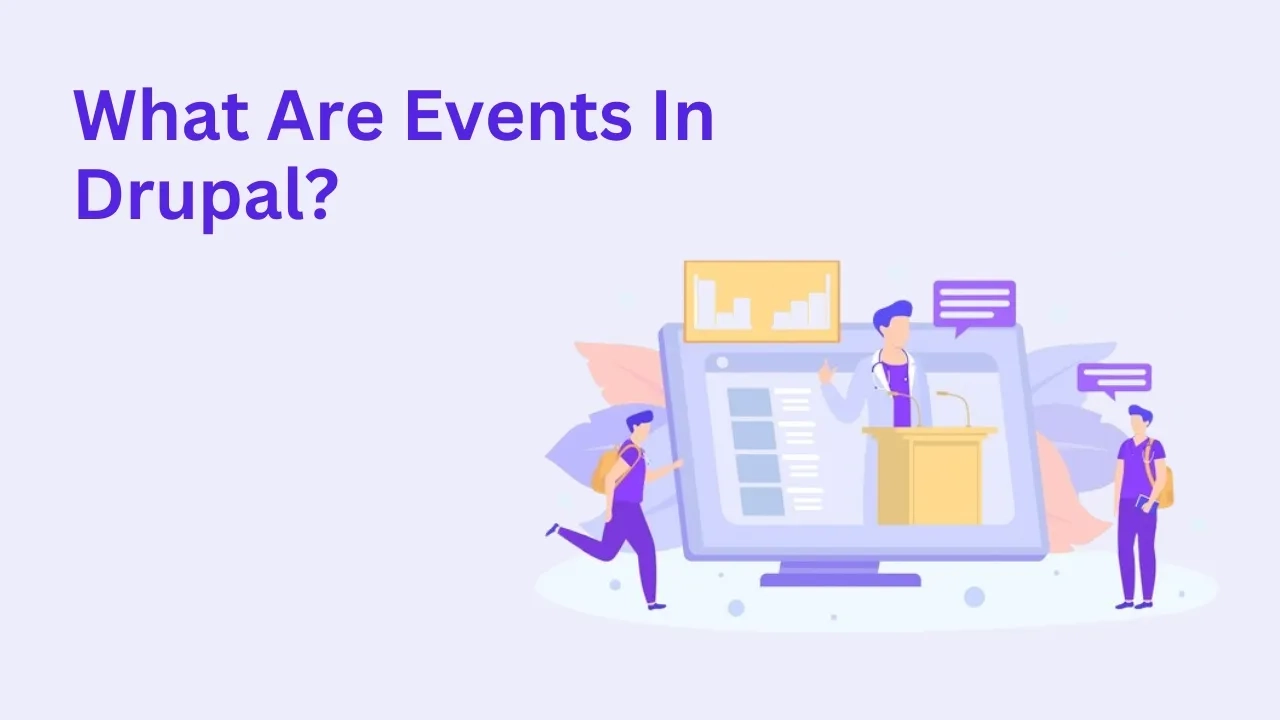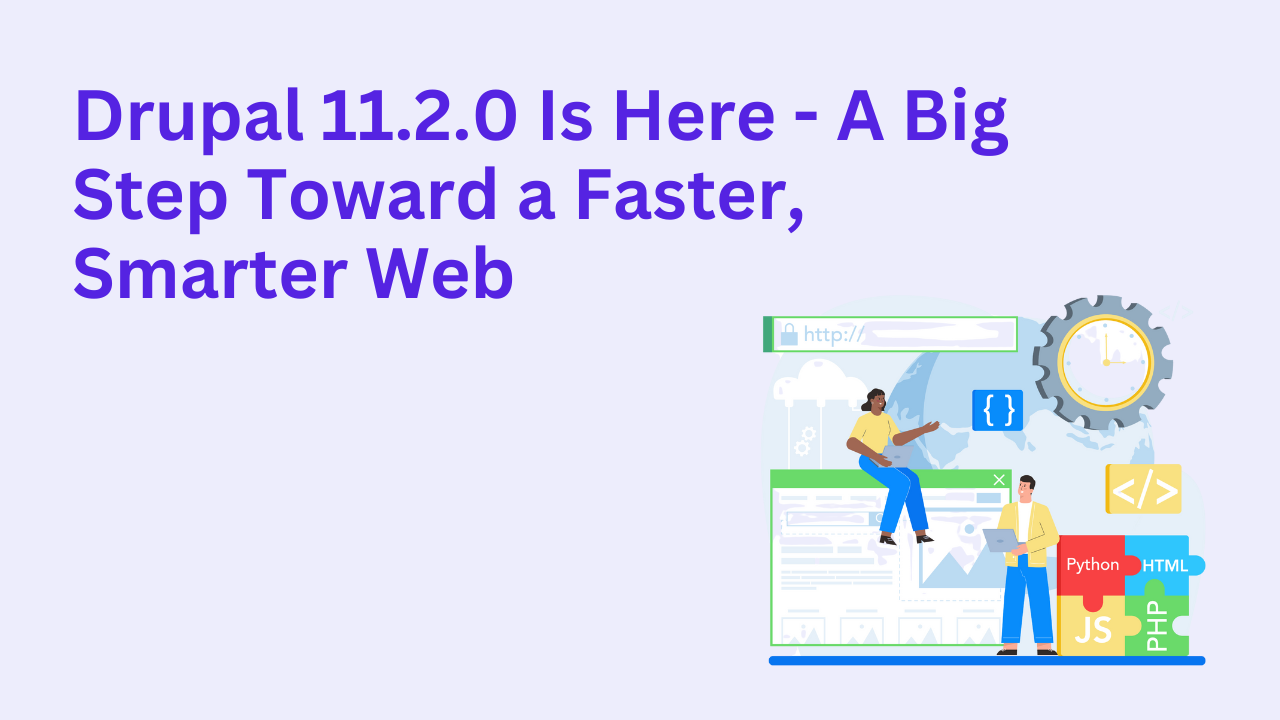What Are Events in Drupal?

Events in Drupal play a critical role in building dynamic, customizable, and interactive websites. They allow developers to create workflows that respond to specific triggers, making Drupal one of the most flexible content management systems available. Let’s dive deep into understanding what events are, how they work, and why they’re vital for Drupal development.
Understanding Events in Drupal
Events in Drupal refer to the mechanisms that allow different parts of a system to communicate with each other. They are used to trigger specific actions in response to changes or specific conditions. By leveraging events, developers can create customized workflows and extend Drupal’s core functionality without altering the core code.
How Events Work in Drupal
Drupal’s event system follows the Observer Design Pattern. Here’s how it works:
- Event Dispatcher: This component dispatches the event when a specific action occurs.
- Event Listener: Event listeners listen for specific events and execute code in response.
- Event Subscribers: Subscribers register their interest in specific events and define what actions to take.
This modular approach ensures flexibility and reduces code dependencies.
Key Benefits of Using Events in Drupal
- Customizability: Easily extend and customize core functionality.
- Separation of Concerns: Keep your code modular and maintainable.
- Reusability: Write reusable event listeners and subscribers.
- Scalability: Enable your website to handle complex workflows without performance issues.
Learn more about the benefits of Drupal’s architecture.
Also read: Why Drupal CMS Is Best For Your Business In 2025?
Types of Events in Drupal
1. Core Events
Core events are built into Drupal and handle basic system functions. Examples include:
- User login/logout events
- Node creation and updates
- Cache invalidation events
2. Custom Events
Custom events are created by developers to address specific business logic needs. They allow you to define unique workflows and extend functionality.
3. Contributed Module Events
Many contributed modules provide their own events to integrate seamlessly with other systems. For instance, modules like Rules and Workflow rely heavily on events.
Examples of Events in Drupal
Here are some real-world examples of how events are used in Drupal:
- User Registration: Trigger a welcome email when a user registers.
- Content Updates: Log changes made to a node for audit purposes.
- Custom Notifications: Send notifications when specific content is published.
How to Create Custom Events in Drupal
Creating custom events involves the following steps:
Step 1: Define the Event
Create a new event class that extends Event. This class defines the event’s structure and data.
Step 2: Dispatch the Event
Use the Event Dispatcher service to dispatch the event at the desired trigger point.
Step 3: Create an Event Subscriber
Define a subscriber that listens for the custom event and executes specific actions in response.
For a detailed guide, check out Drupal’s documentation on event subscribers.
Also read: How To Install Drupal 7, 8, 9, 10, or 11 on Windows 11?
Best Practices for Using Events in Drupal
- Keep it Modular: Write reusable and self-contained listeners and subscribers.
- Follow Naming Conventions: Use clear and consistent names for custom events.
- Test Thoroughly: Ensure that your events perform as expected under various scenarios.
- Optimize Performance: Avoid creating too many listeners for a single event to maintain performance.
Common Pitfalls to Avoid When Working with Events
- Overusing Events: Don’t use events for tasks that can be handled more efficiently by other methods.
- Neglecting Documentation: Document your custom events and their purposes for future reference.
- Ignoring Dependencies: Ensure that your listeners and subscribers don’t introduce unnecessary dependencies.
Also read: Drupal SEO: The Ultimate Guide For 2025
The Future of Events in Drupal
With the increasing adoption of decoupled architectures and headless Drupal, the role of events is becoming even more critical. Events enable seamless integration between front-end frameworks and Drupal’s back-end, ensuring consistent and dynamic user experiences.
Why Events Are Essential for Scalable Drupal Applications
Events are a cornerstone of scalable Drupal applications. By decoupling logic and enabling modular design, they allow websites to grow without compromising performance or maintainability. Whether you’re managing a small blog or an enterprise-grade portal, events provide the flexibility needed for long-term success.
Conclusion
Events in Drupal empower developers to build scalable, customizable, and interactive web applications. By understanding and leveraging events effectively, you can unlock Drupal’s full potential and create workflows tailored to your business needs. Ready to explore what events can do for your Drupal website? Get in touch with our experts at Drupalify today!








